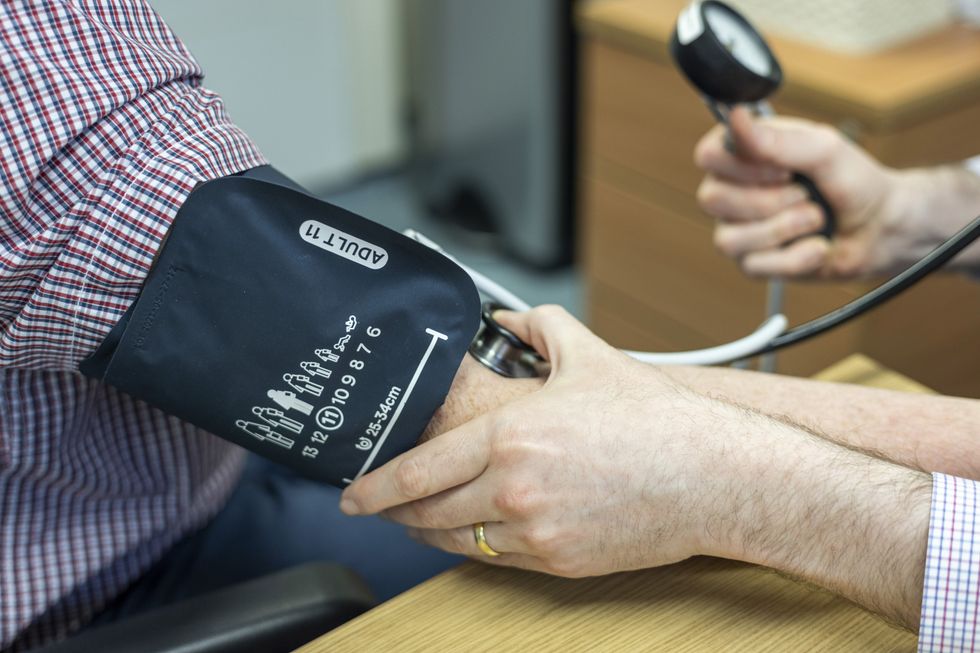Hypertension hack: Superfood shown to 'significantly' lower blood pressure
An organic supplement could boost your cardiovascular health if taken consistently over time, researchers have revealed in a brand-new study
Don't Miss
Most Read
A type of microalgae could offer a natural approach to managing high blood pressure in an exciting new discovery for those at risk.
According to the latest findings, spirulina consumption may lead to notable reductions in blood pressure readings, with the most pronounced benefits observed among individuals who have hypertension or face cardiovascular health risks.
Published in the Journal of Human Nutrition and Dietetics, scientists examined multiple experimental trials to assess how various forms of edible algae affect blood pressure in adults.
Their analysis encompassed healthy participants as well as those managing chronic health conditions, including metabolic syndrome, diabetes, and obesity.

The study was published in the Journal of Human Nutrition and Dietetics
|GETTY
The research revealed that consuming three grams of Spirulina each day over a 12-week period resulted in meaningful blood pressure improvements, with researchers noting the algae "significantly lowered systolic blood pressure a diastolic blood pressure" at this dose.
Those who maintained this regimen experienced more significant reductions than those using algae-based extracts.
The investigation incorporated studies lasting a minimum of four weeks, focusing on experimental trials that measured blood pressure outcomes.
Researchers discovered that complete microalgae preparations were far more effective than isolated compounds or extracts, pointing to a possible synergistic effect among the various bioactive components found in whole algae.
LATEST DEVELOPMENTS
The researchers emphasise that, while consuming more than five grams of seaweed daily could present risks from heavy metals or iodine exposure, microalgae like spirulina are considered safer alternatives.
Rather than replacing conventional medications, the research suggests that whole edible microalgae could serve as a complementary approach alongside established pharmacological treatments.
Bioactive compounds found in edible algae contain numerous compounds that could benefit cardiovascular health, such as fucoidan, peptides, potassium, antioxidants, omega-3 fatty acids, and polyphenols.

Its health benefits and vibrant blue hue are the reason the supplement's popularity has soared
|GETTY
Certain varieties like Nori and Kelp - which are both edible forms of seaweed known for their culinary uses - also contain inorganic nitrate, which has been linked to potential blood pressure benefits.
Edible algae have formed a fundamental part of Asian cuisine for centuries, although their adoption in Western diets has expanded considerably recently as well.
These marine plants are now available in multiple formats including dried, fresh, and powdered preparations, making it easy to incorporate into your day-to-day diet.
Currently, they can be found in dietary supplements, functional foods, and various culinary applications across the globe.











